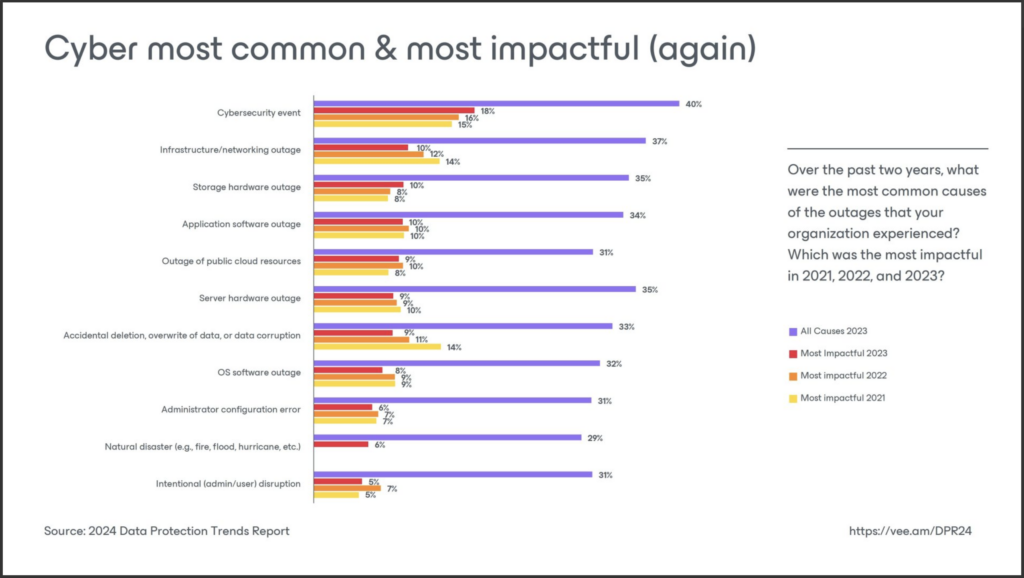Cloudflare, a leading provider of infrastructure security, recently thwarted one of the largest Distributed Denial of Service (DDoS) attacks ever recorded. This massive attempt to disrupt services involved an unprecedented surge of malicious traffic aimed at overwhelming the company’s systems. Cloudflare’s ability to fend off such a large-scale cyberattack demonstrates the growing importance of robust network security in today’s increasingly connected digital world.
What Happened & Why It Matters
Cloudflare reported that its security team successfully mitigated a DDoS attack that peaked at over 71 million requests per second (rps), the highest volume the company has ever encountered. DDoS attacks work by overwhelming a target’s servers with an enormous number of requests, causing websites, online services, or even entire networks to crash and become inaccessible to legitimate users. This particular attack was part of a larger trend of increasingly sophisticated and larger-scale cyberattacks affecting businesses and critical infrastructure providers globally.

Cloudflare’s automatic detection systems and mitigation strategies played a pivotal role in blocking the attack. The attack targeted a large portion of Cloudflare’s global customer base, but thanks to the company’s distributed network of servers, the malicious traffic was quickly identified and rerouted, preventing any downtime. While details on the origin of the attack remain unclear, experts believe it was a concerted effort from a large botnet—networks of compromised devices used to send overwhelming amounts of traffic.
Cyberattacks like these have real-world impacts, potentially disrupting the operations of businesses, financial institutions, and government services. DDoS attacks are not new, but the size and sophistication of this event reflect an ongoing trend of cybercriminals enhancing their capabilities. For businesses relying on the internet, the growing threat of these attacks demands enhanced investment in security infrastructure to ensure continuity of operations.

TF Summary: What’s Next?
The record-setting attack on Cloudflare is hugely important. Cloudflare is a core providers for companies. The provider has invested in better security systems to defend against increasingly large, complex cyberattacks. As the frequency and intensity of cyber incidents rise, Cloudflare and its peers must remain hyper-vigilant. The next wave of attacks could be even more disruptive, driving the need for ongoing development in cybersecurity solutions. Cloudflare’s success in stopping this attack is a massive victory for real-time security monitoring and responsive mitigation strategies that businesses should prioritize.


